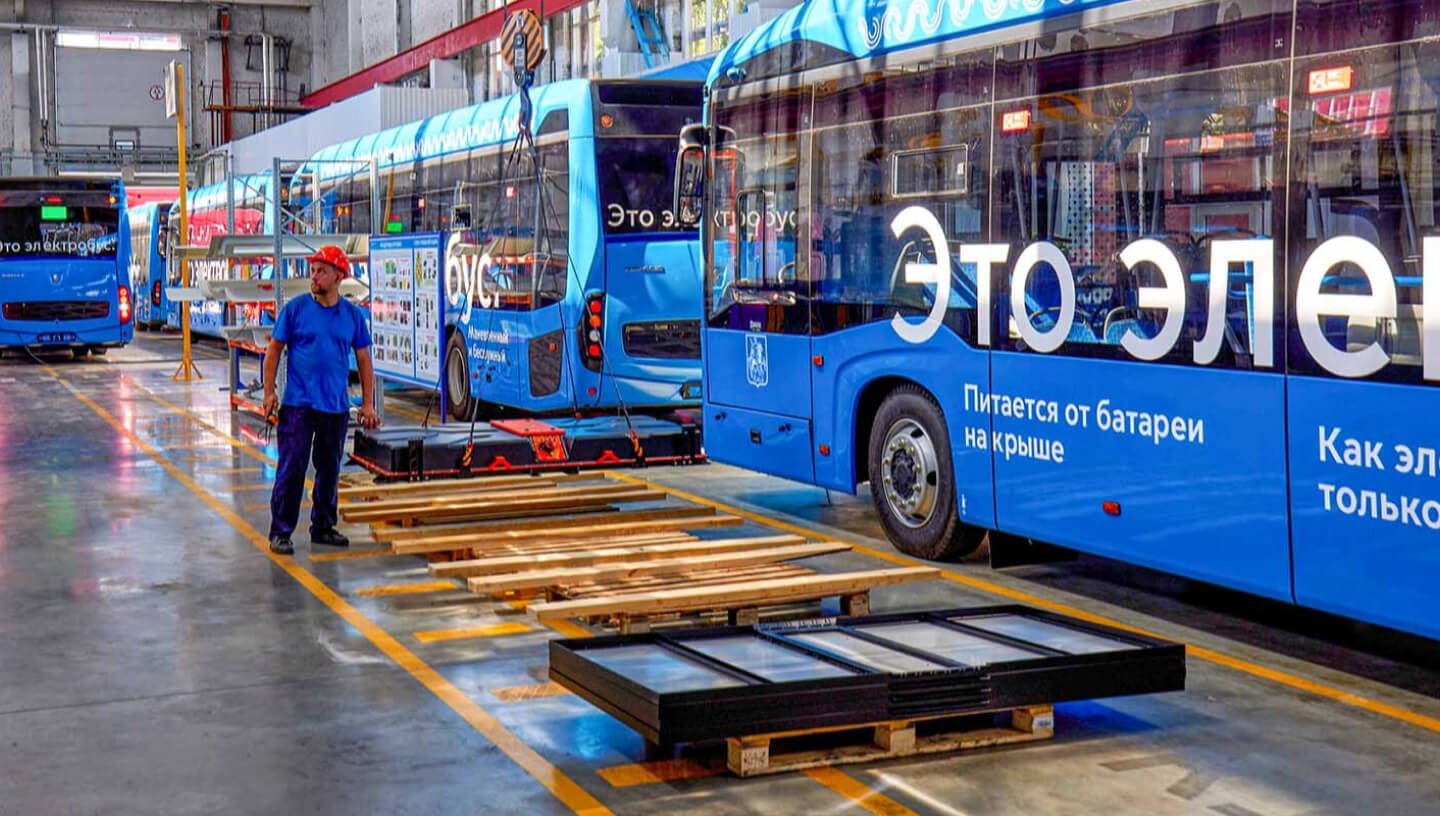20.10.2022
Gas transport compared to electric transport
 Photo: Press Service of the Mayor and Government of Moscow
Photo: Press Service of the Mayor and Government of Moscow
A panel discussion on “The Future of Green Transport” took place on the second day of the Climate Dialogues Forum in Moscow. The discussion featured several presentations from leading experts and specialists in the field of green transport development. Discussions touched upon problems and prospects for greening transport systems, green transport fuel development options, and the pros and cons of different approaches were weighed.
The topic of green fuels proved to be the most relevant. The discussion revolved around the three fuel options already applicable to transport systems: gas, hydrogen and electricity.
Stanislav Babich, associate professor of regional economics and nature management at St. Petersburg State Economic University, said that gas and hydrogen transportation is much more “green” than electric transportation. First of all, this is due to the fact that there is still no provision for the disposal of used electric batteries, as well as a huge amount of tyres. According to Babich, Rosatom has the issue of recycling electric bus batteries on its agenda, but there is still a long way to go before these plans can be implemented.
Iya Gordeeva, Chairwoman of the Association for the Development of Electric, Unmanned and Connected Vehicles and Infrastructure, responded that the operation of electric buses is not too polluting after all, as 80% of such batteries are recyclable worldwide. Rosatom is also building two plants, one producing batteries for electric buses and the other recycling them. The estimated battery life for an electric bus is five years and for an electric car 10 years, making it a sustainable form of transport.
Ildar Aminov, Deputy Director General for Development and Government Relations of Gazprom Gazomotornoye Toplivo spoke in favour of promoting natural gas vehicles. Aminov said that even now natural gas is more profitable to use as fuel than petrol as gas is 2.5 times cheaper. And in recent years, the use of gas as fuel has reduced the amount of CO2 emissions.
Ildar Aminov also said that many Russian cities have switched to NGVs as part of the Clean Air federal project. Now there are 33 thousand NGV buses in Russia. And almost all passenger buses in Saint Petersburg run on gas. In general, the leaders in the rating for NGV use are Tatarstan, Rostov Oblast and Saint Petersburg. Moscow is in 37th place, because here, when addressing the issue of “green” transport the choice was made in favour of electricity.
Aminov noted that hydrogen transport in Russia is underdeveloped and added that while the NGV sector has a long way to go, the hydrogen sector has yet to follow suit.
Cover photo: blinow61 / iStock







































Comments